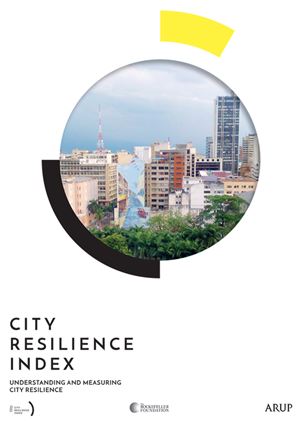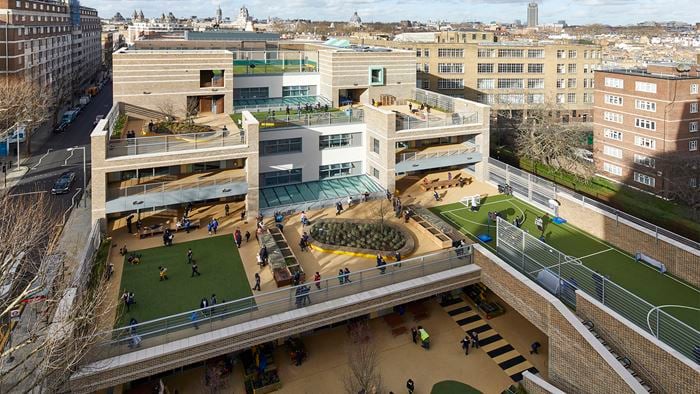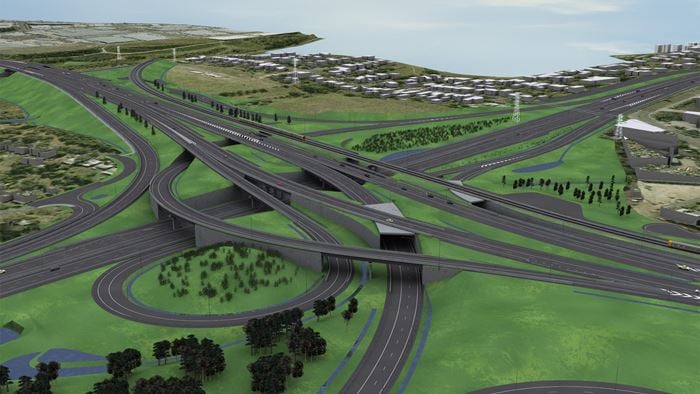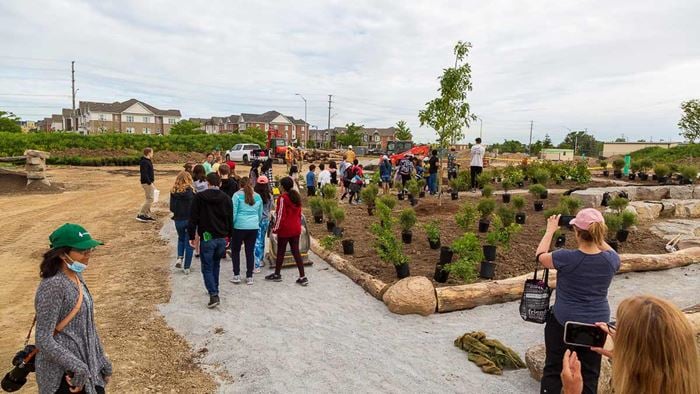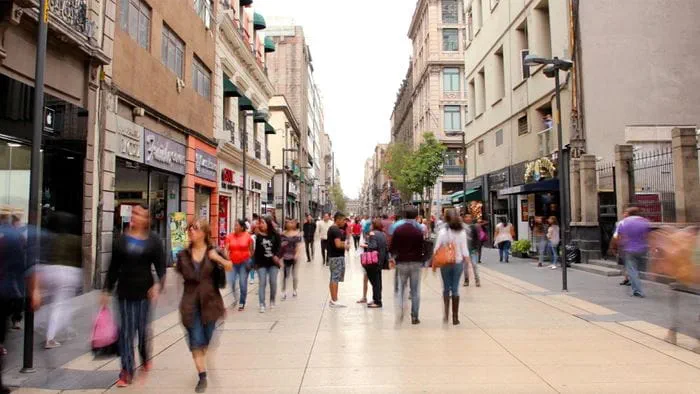Received a rates notice lately? There’s a good chance your local government is more than just roads, rates and rubbish. That’s right, cities and sub national governments are now leading the way on climate action.
During the recent Ecocity World Summit we heard numerous examples of where local governments (particularly) have been stepping up to take bold action, often in the face of national political squabbling and inaction. In an ever urbanising world, and with concentrations of greenhouse gas emissions largely focused in the city environments, their role in shaping our climate future should not be underestimated. Indeed that over 350 mayors in the US recently committed to upholding the national pledge to the Paris accord, despite Donald Trump withdrawing the country from the global deal, speaks volumes in this regard.
The trend towards local action on climate change is becoming increasingly global, particularly through investment in renewable energy and reducing emissions.
Countless cities and municipalities are committing themselves to ambitious targets of zero net emissions by 2050 or earlier.
Across Australia most states and territories announced their own policies on renewable energy and emissions reduction. In this vacuum of clear national policy state and local governments are leading the way in addressing climate change and arguably they are best placed to do so.
There is a growing body of policy makers and advocates who believe the action at the city level is how we are going to fix climate change. They argue that good mayors are pragmatists who can’t get as caught up in the party politics and ideology of other levels of government. Instead, they need to deliver outcomes for their communities, resolve localised issues and provide positive environments for those who live, work or play in their cities.
Local governments also have a role for supporting the actions and voices of their own community, which are showing significant interest and investment in local renewable energy. In Germany alone, nearly 50% of installed renewable capacity is owned by communities. Within Victoria, the number of community initiated and run renewable energy projects are growing every year.
While investment in renewable energy and reducing emissions is absolutely essential, so too is acknowledging the action needed to adapt. Climate projections under the current business as usual scenarios are terrifying.
Climate scientists predict that the north of Australia will likely swelter through endless summers with the projected number of days with temperatures over 35oC predicted to be up to 48 for Cairns, 55 for Brisbane and-over 260 for Darwin by 2090. That’s well within the lifetimes of our children and grandchildren.
Projections for sea level rise, droughts, high risk bushfire days and extreme rainfall are not much better. But again, we are seeing positive leadership from cities!
Recently, through Arup, I worked with the City of Melbourne, the World Summit hosts, in the refresh of their own climate change adaptation strategy. Since the original strategy in 2009 they have delivered on over 100 actions to enhance the resilience of the city, including substantial work in urban greening and innovative social programs to support people experiencing homelessness through heatwaves. I worked closely with their team to find ways to further push the boundaries of adaptation. The new strategy lays out a clear and ambitious commitment to adapting well to climate change, enabling the city to continue to prosper and thrive.
Moreover, as one of the original 100 resilient cities the Greater City of Melbourne, comprising 32 municipalities, is also in the process of completing an assessment of the City Resilience Index developed by Arup in partnership with the Rockefeller Foundation. Arup is providing technical assistance to the Chief Resilience Officer in the gathering of data and establishing a baseline of current resilience.
Learn more about our work with cities
Announced last week Arup will commence a partnership with Hansen on an exciting two year project with the Municipal Association of Victoria, supporting the ten Port Philip Bay councils to embed climate change and coastal adaptation within their planning processes. This is yet another example of local governments stepping up to climate action.
In the face of such significant challenges from climate change, we need to embrace leadership at every level. The creativity, passion and energy within our communities is vast and it is through harnessing such resources that we will see a world of equity, safety and prosperity, where everyone has the opportunity to thrive.
 ;
;

